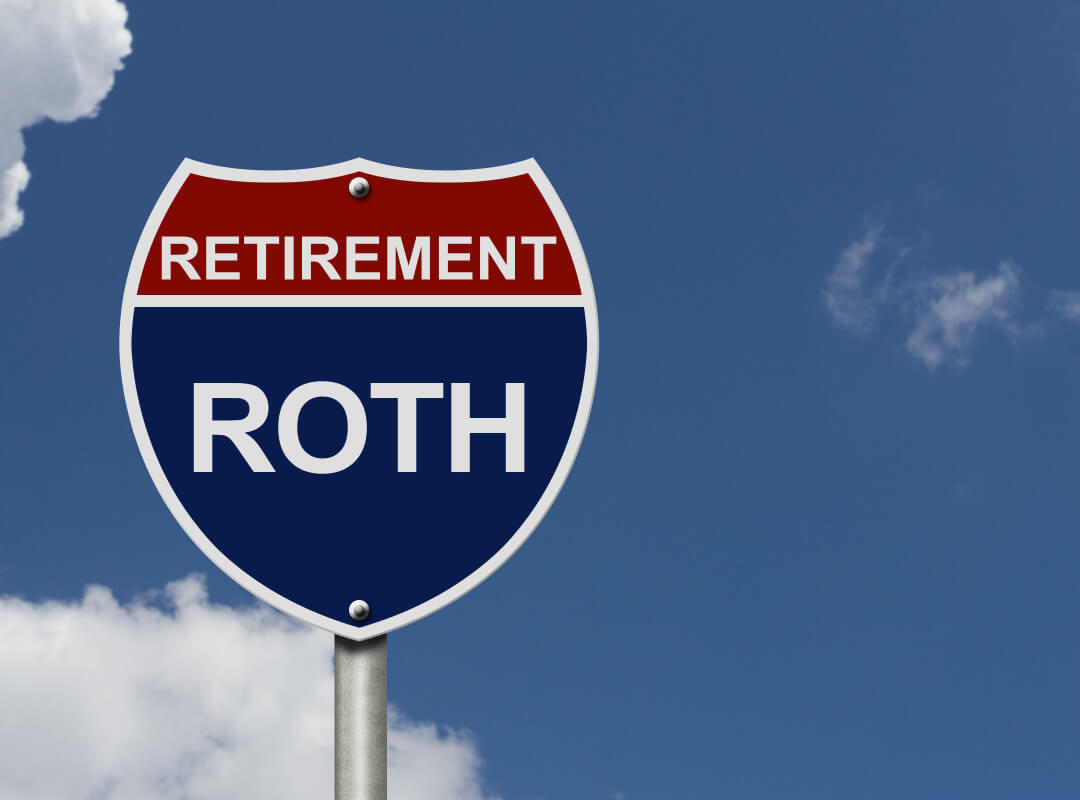Owning your own small business certainly comes with its set of perks: making your own schedule, answering only to yourself, and seeing your ideas and dreams be successful and come to fruition.
Solopreneurs are also faced with several challenges, however, one of which is the responsibility of setting up your own retirement savings account. One option you may not have heard about or considered is the Roth Solo 401(k).
If you are a high-earning solopreneur, this savings vehicle could be especially beneficial, as it affords you the opportunity to make both employee and employer contributions to a 401(k) account in the same year.
A Roth Solo 401(k) is the same as a standard Solo 401(k) in that the employer contributes pre-tax dollars, but the main difference is the employee contribution is made with after tax dollars.
With that in mind, here are some reasons why a Roth Solo 401(k) could be a good option for small business owners:
- Major tax breaks
If you comply with IRS rules, both the Roth contributions you make, as well as the earnings they produce, can be eventually withdrawn free of taxes. Just think of the savings that could give a boost to your golden years!
- Valuable business contributions
Your business may contribute 20-25% of your yearly net earnings to your Roth Solo 401(k) in addition to your own contributions (up to $18,000 in 2015). If you have an incorporated business, this profit-sharing contribution limit is set at 25%; if you have not, the limit is 20%.
The collective employer and employee contributions to a Roth Solo 401(k) are set at a maximum of $53,000 for 2015, or $59,000 if you are over 50 and can make the $6,000 catch-up contribution. (The maximum amount of employee elective deferrals and employer non-elective contributions should be calculated via the methods detailed in IRS Publication 560).
- Many investment options
Another major benefit of this savings vehicle is the myriad of ways you can invest your retirement assets. Since this is a true self-directed retirement plan, you aren’t restricted to a just a handful of investment options like with a large employer-sponsored 401(k).
If you’re overwhelmed by the number of choices and need some direction, however, don’t hesitate to meet with a financial professional that can provide advice based on your personal situation.
Following are some basic rules and requirements of a Roth Solo 401(k):
- You can make an employee contribution of up to $18,000 in 2015. The same goes for a standard 401(k), so there are no surprises. Of course, this amount will continue to climb in future years as inflation is taken into account. Yearly catch-up contributions of up to $6,000 are currently allowed for those 50 and over with a Roth Solo 401(k).
- You must work for yourself and have a maximum of only one other full-time employee. If you plan on hiring more people as your business evolves and expands, then this is not the right retirement account for you.
- You can’t deduct your employee contributions to a Roth Solo 401(k). Your business, however, can still make traditional, tax-deductible contributions.
- Once your Roth Solo 401(k) contains more than $250,000 in assets at the end of a year, you must file Form 5500 annually with the IRS.
- The plan is subject to non-discrimination testing if you have common-law employees. IRS definition of common law employee is when you control what and how a worker will accomplish a task.
- If you also contribute to a 401(k) at another employer, your total Roth and traditional employee contributions to all 401(k)s will be capped at the common employee limit – $18,000 in 2015, and $24,000 if you are 50 or older. The good news: Participation in another 401(k) plan does not limit employer profit-sharing contributions to a Roth Solo 401(k).
- December 31 is the annual deadline. In order to contribute to a Solo 401(k) for the current tax year, you must open the account by that date or sooner.
Bottom line: If you’re a self-employer solopreneur, it’s still vital that you establish a retirement plan to protect your future. A Solo Roth 401(k) could just be your ticket to correct or prevent a nest egg shortfall.







